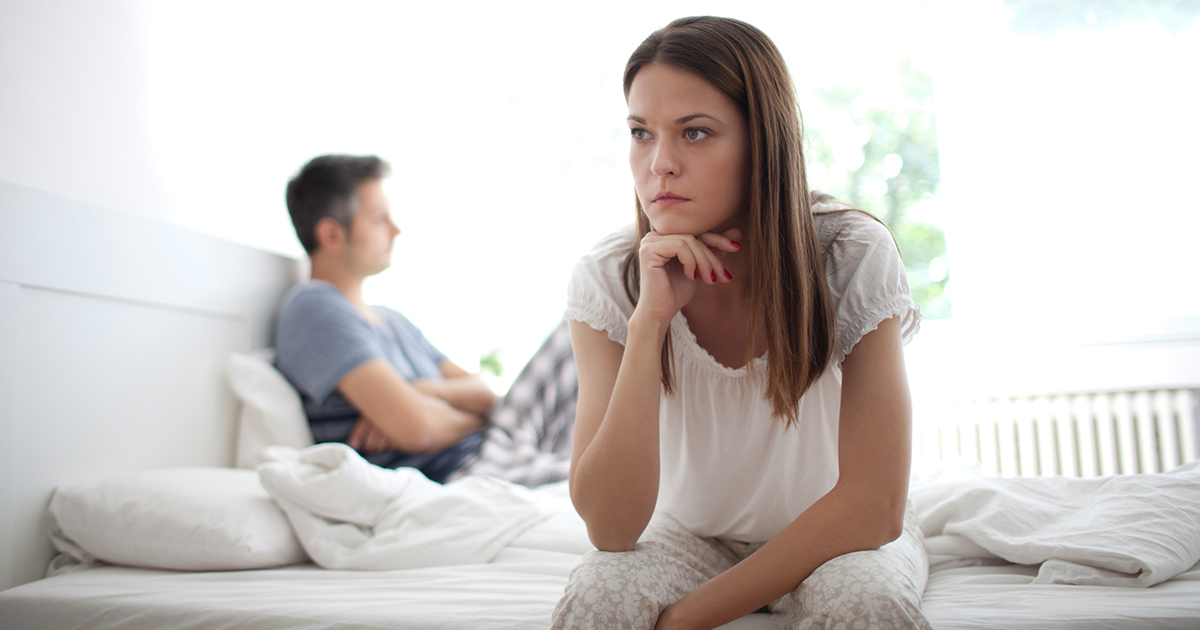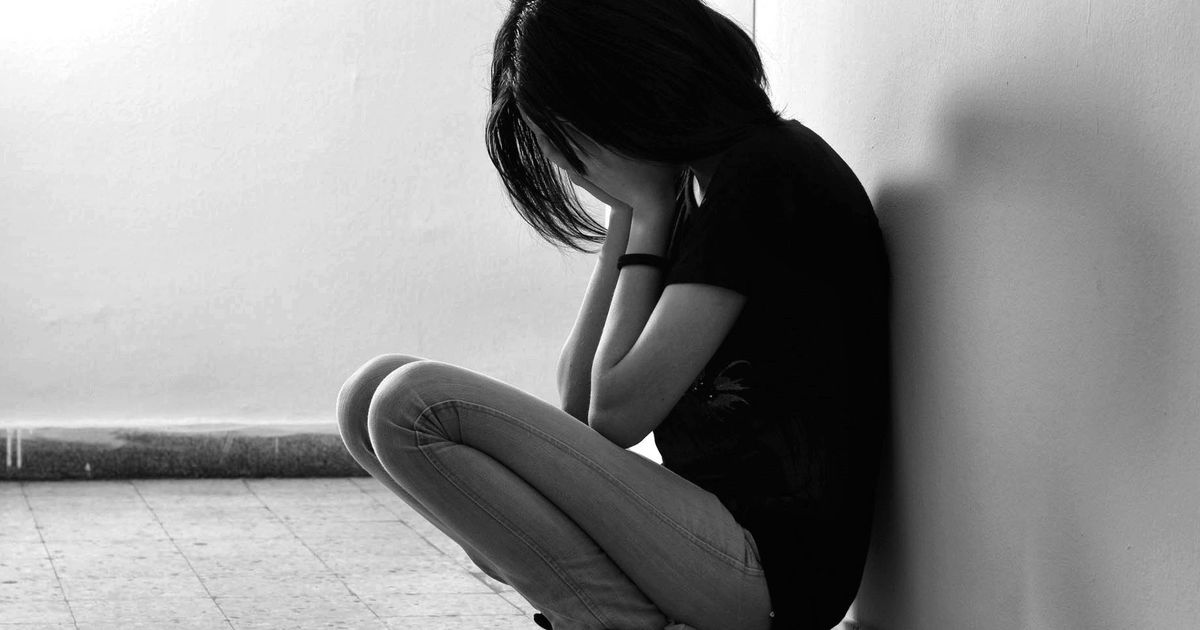Common Causes And Complications Of OCD
Relationship Issues

Obsessive-compulsive disorder manifests in different ways for everyone. Like any mental illness, however, the symptoms can have a serious effect on interpersonal relationships. Patients might struggle to maintain friendships, romantic relationships, or familial relationships. They might find their relationships are tense and strained. Many patients with obsessive-compulsive disorder have reported their symptoms have hurt their marriage or romantic life. Some patients have trouble with self-esteem and dealing with shame about their symptoms, which can manifest in relationship tension and avoidance. Many individuals with OCD believe they have to hide their symptoms to avoid being rejected by their romantic partner. When depression accompanies OCD symptoms, it can be even harder to maintain healthy relationships. It's also common for obsessive-compulsive disorder patients to have issues with sexual relations connected to their symptoms. Some patients might have disturbing obsessive thought spirals about contamination or sexual assault. When the romantic partner doesn't understand the cause, this can lead to fighting and instability in the relationship.
Uncover additional details on the causes and complications of obsessive-compulsive disorder now.
Inability To Attend Certain Activities

One common complication of OCD is the avoidance of certain activities, places, people, or social situations. There may be a multitude of reasons for this. Some patients might avoid social activities because of the shame they're struggling with. In other cases, certain phenomena might trigger OCD symptoms. If a patient becomes afraid that going to an event or being near a certain individual will cause a bad episode, they might avoid that situation because they believe missing it is better than the potential issue. However, avoiding situations doesn't help with the management of obsessive-compulsive disorder symptoms in the long run. In fact, the more an individual avoids a situation, the greater the anxiety surrounding it will be. Individuals who feel isolated by obsessive-compulsive disorder also tend to experience stronger symptoms of depression due to their isolation. This can be especially brutal if the fears are related to things the patient previously enjoyed like friends, favorite hangout spots, the homes of family members, or hobbies. If the individual does go into a potentially triggering situation and have a bad reaction, this negative association may cause them to avoid it more fiercely in the future.
